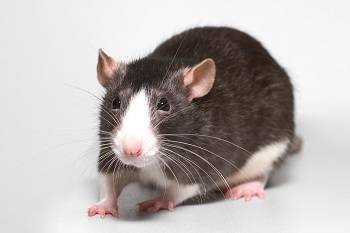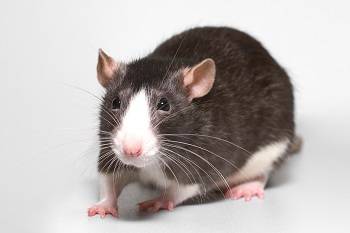A new study indicates that a hormone known for preventing weight gain and regulating metabolism may also help preserve muscle mass in mice, even when they are on a high-fat diet. The findings present new possibilities for developing treatments for muscle-wasting conditions associated with aging, obesity, or cancer, according to scientists from the Leonard Davis School of Gerontology at the University of Southern California.
The study, published this month in the American Journal of Physiology-Endocrinology and Metabolism, addresses age-related issues and muscle loss caused by obesity, conditions that can increase the risk of falls, diabetes, and other negative health effects. During the study, treating mice on a high-fat diet with the hormone peptide MOTS-c helped prevent muscle wasting associated with obesity by reducing levels of myostatin, a protein that inhibits muscle growth. The levels of myostatin were found to be 40% lower in hormone-treated mice compared to others.
Additionally, the study showed that the treatment with this hormone not only improves metabolic function but also enhances muscle mass. Through molecular analysis, the researchers also identified the specific signaling pathway regulated by the hormone MOTS-c, demonstrating for the first time that MOTS-c modulates the CK2-PTEN-AKT-FOXO1 hormone pathway to prevent myostatin expression and muscle wasting, mimicking the effects of exercise. The researchers noted that this mechanism is similar to what occurs in humans, suggesting that the treatment could also be applicable to humans.




